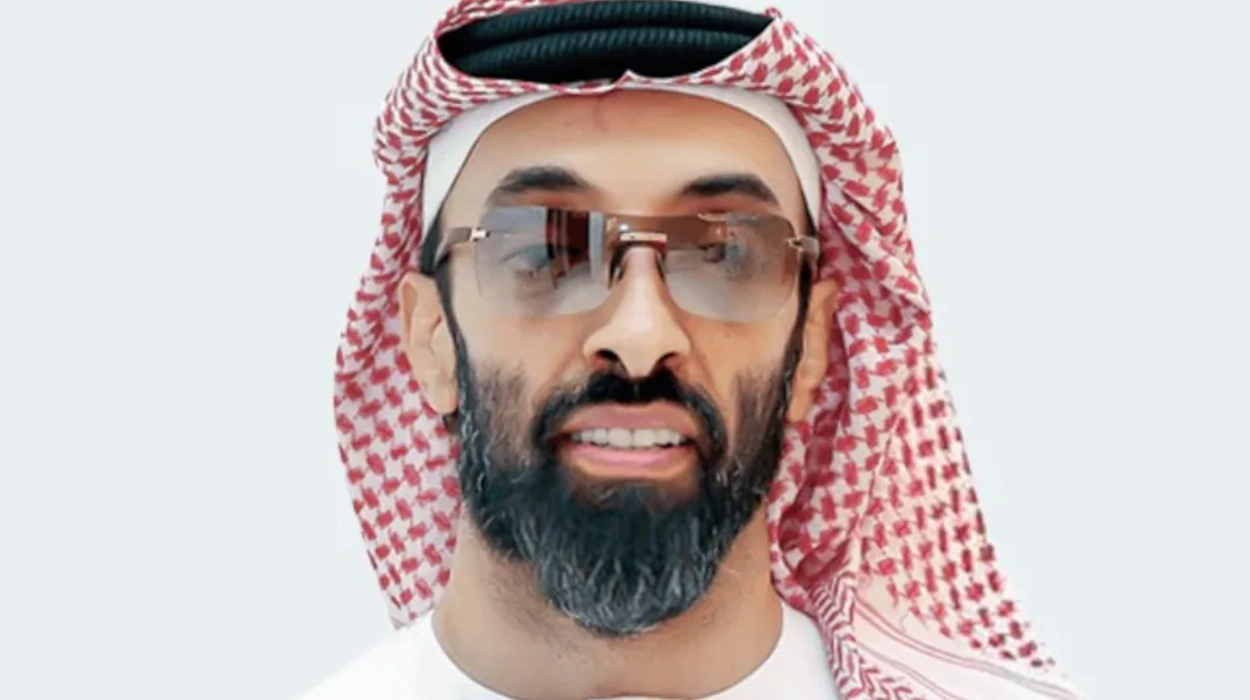Sheikh Tahnoon bin Zayed Al Nahyan, National Security Adviser of the United Arab Emirates and a key player in Abu Dhabi’s ruling family, is emblematic of the intricate relationship between concentrated wealth, political power, and offshore financial secrecy. His presence in the ICIJ Offshore Leaks “Power Players” database links him to complex offshore structures that raise broad questions around the uses of such secrecy for elite figures and the challenges posed to public accountability.
Insights into Offshore Finance and Tax Havens
Offshore finance and tax havens provide jurisdictions that impose little or no taxes and offer limited transparency on company ownership and financial flows. By registering shell companies in these secrecy jurisdictions such as the British Virgin Islands or Cyprus wealthy individuals can conceal the true ownership of assets, avoid taxes, or shield wealth from scrutiny. This mechanism facilitates not only legal tax planning but also the obscuration of illicit wealth and circumvention of regulatory oversight.
Sheikh Tahnoon’s Offshore Holdings and Hidden Wealth
Leaked documents reveal Sheikh Tahnoon as the beneficial owner of Victorian International Ltd., a British Virgin Islands (BVI) registered company established in 2000 and dissolved in 2016. According to the Pandora Papers, this company primarily held recreational vessels, including yachts, an indicator of the luxurious lifestyle maintained behind offshore structures. The company’s operations were connected to Al Seer Marine, a boat-building entity under IHC, a much larger Abu Dhabi investment group chaired by Tahnoon.
In addition, the Panama Papers disclosed that his wife, Sheikha Khawla Ahmed Khalifa Alsuwaidi, actively used shell companies based in the BVI to hold London real estate. From 2001 to 2009 Sheikha Khawla set up four companies for this purpose, owning multiple properties including a penthouse in the affluent St. John’s Wood neighborhood. These holdings were maintained with the assistance of the now-defunct Mossack Fonseca law firm, notorious for facilitating offshore secrecy in the Panama Papers scandal.
The Paradox of Sovereign Influence and Financial Secrecy
Sheikh Tahnoon’s role as chair of Abu Dhabi’s sovereign wealth funds particularly ADQ, valued around $110 billion places him at the helm of vast public assets controlling critical sectors of the UAE’s economy. His dual engagement as a national security adviser and a businessman with extensive offshore interests represents an unresolved tension between public duty and private advantage.
His reputed role in orchestrating cyber operations dubbed as “spy sheikh” activities, along with capital investments hidden in offshore shells, illustrates how modern autocratic elites preserve and project power not only through state mechanisms but via global financial opacity. While sovereignty entails control over national resources for public benefits, the opacity of these offshore holdings fosters fertile ground for conflicts of interest and elite enrichment away from public examination.
Global Context: Offshore Secrecy Among Politically Exposed Persons (PEPs)
The involvement of politically exposed persons in offshore financial structures is a well-documented global phenomenon. The Financial Action Task Force estimates that PEPs have a heightened vulnerability to engage in or facilitate corruption and financial crimes due to their influential positions. Offshore secrecy jurisdictions enable these individuals to transfer wealth across borders with minimal oversight.
Estimates from the International Monetary Fund indicate that up to $12 trillion of wealth globally is held offshore, with a significant share tied to political elites. This concentration of wealth intensifies global inequalities and deprives states, especially developing countries of critical tax revenues needed for social programs and infrastructure.
Institutional Failures in Transparency and Due Diligence
The Mossack Fonseca firm, which assisted Sheikha Khawla, exemplifies intermediary failures in curbing financial malpractices. Law firms and offshore service providers often act as gatekeepers but whose primary motivations can include secrecy and client protection over transparency and due diligence.
Despite regulatory reforms, such as beneficial ownership registers and stricter anti-money laundering rules, enforcement remains lax, allowing high-profile clients like Sheikh Tahnoon and family members to exploit weaknesses. The Panamanian firm Alcogal’s resignation in other cases for client risk underscores these systemic gaps.
Implications for Regional and International Governance
The UAE’s emergence as a global investment hub and security actor, with Sheikh Tahnoon executing both intelligence roles and massive investment control, blurs lines between state power and personal wealth accumulation. This fusion of roles is emblematic of broader trends in many authoritarian or hybrid regimes, where elite families control political authority and economic resources, using offshore vehicles to insulate assets.
Such dynamics undermine the principles of public financial accountability and international cooperation designed to combat corruption, tax evasion, and illicit financial flows. The secrecy protecting Sheikh Tahnoon’s wealth shadows the difficulty of holding elites accountable when local political contexts or international diplomacy protect them.
The Broader Picture: What Sheikh Tahnoon’s Case Represents
Sheikh Tahnoon bin Zayed Al Nahyan’s offshore wealth highlights the entrenched oligarchic systems enabled by global financial secrecy. His profile is emblematic of how extraordinarily wealthy power brokers in the Gulf supported by expansive sovereign wealth and political dominance exploit offshore structures to shield wealth that straddles the nexus of personal fortune and state stewardship.
This case reflects the urgent need for strengthened global financial governance frameworks. Increased transparency, robust due diligence by intermediaries, and international collaboration must elevate standards to reduce opportunities for secrecy misuse. Only through such reforms can the wealth and influence of politically exposed persons be subjected to responsible scrutiny in line with global financial justice.


